How Generative AI Will Accelerate Other Cutting-Edge Technologies
29 April 2024
Generative AI doesn’t exist in a vacuum. The rapid advancements we’ve seen in generative AI over the past year or so have been made possible by other tech breakthroughs. Cloud computing, for example, democratizes access to AI technologies. 5G amplifies the potential of generative AI by facilitating real-time analytics and AI processing. And the Internet of Things provides a rich source of data for generative AI models to mine.
In other words, generative AI has been aided and influenced by many other technologies. But what about the flip side? How might generative AI itself accelerate other technologies? Here are a few predictions.
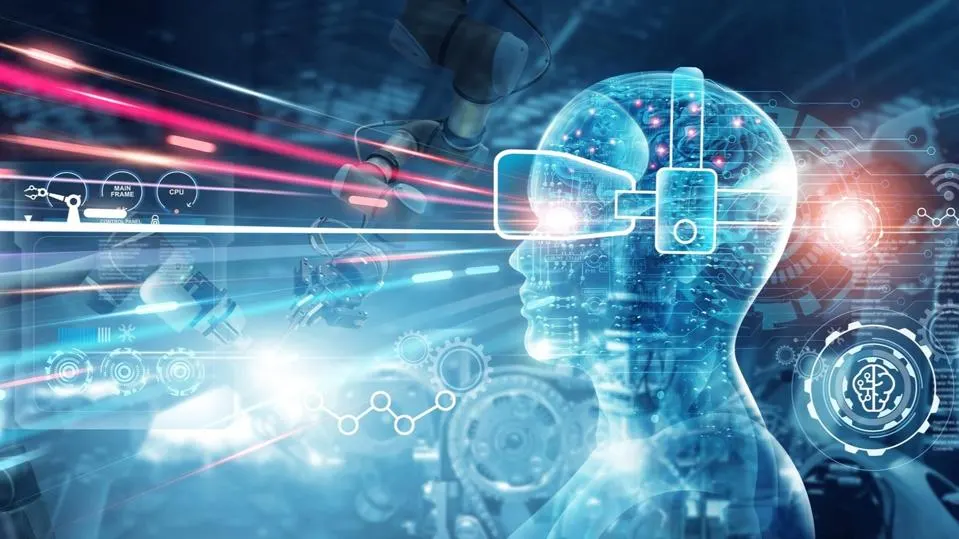
Generative AI In The Metaverse
Whether you’re on board with the metaverse or not, there’s no denying that the concept of immersive digital spaces where we can work, game, socialize, shop, and learn is compelling. Generative AI could enhance metaverse environments by enabling automatic content creation on the fly. As an example, imagine playing a VR game with unique characters and challenges being created in real time, just for you. Generative AI can power features like this in the metaverse, crafting more immersive, personalized experiences for gamers and other metaverse users.
Just as most businesses today have a website and social media presence, in the future I believe most will have some sort of metaverse presence – be it a virtual shop, an immersive brand experience, or a virtual campus for employees to visit. Generative AI could prove to be a valuable tool for any business that wants to create a metaverse presence. After all, generative AI solutions can write computer code as well as create content – which means businesses could, in theory, design their own immersive 3D metaverse spaces simply by telling a generative AI tool what they want to build.
Get Ready For AI-Equipped Robots
Generative AI will also influence robotics by enabling the development of robots that can learn and adapt to new tasks dynamically. This will help to create more autonomous robots – and broaden the range of tasks that robots can undertake. For instance, the robots of the future will be capable not just of impressive physical feats, but also having natural conversations with humans and making complex decisions. In other words, generative AI will help to make robots intelligent.
This will likely expand the range of jobs impacted by AI automation. So far, generative AI enables us to automate certain cognitive and creative tasks, including some of the work done by designers, teachers, musicians, marketers, and more. Physical jobs such as construction, assembly line work, cleaning, and so on are (by and large) unaffected by the wave of generative AI transformation – at least for now. But combine generative AI with robots and that may change. We could see AI-equipped robots working in all sorts of sectors, such as factory floors, retail stores, hotels, and construction sites.
Combining Materials Science And Generative AI
Generative AI is already beginning to play a role in the discovery and design of new materials. How? By simulating various properties, analyzing vast datasets, and applying predictive analysis to project outcomes. Basically, generative AI can help to reduce the trial-and-error involved in material discovery and design.
This will aid and expedite the discovery of materials with novel properties. It will enable rapid prototyping of new materials, and even enable materials to be more easily customized for specific industries and applications.
Accelerating Synthetic Biology And Gene Technology
As with materials science, generative AI also promises much for synthetic biology and gene technology, acting as a catalyst in the synthesis of novel biological systems (and the refinement of existing ones). By leveraging vast datasets derived from genomic sequences and biological research, generative AI models can predict the potential outcomes of genetic alterations, thereby significantly accelerating the pace of research and innovation.
This could benefit our world in several ways. For one thing, it could lead to a new era of personalized medicine, where treatments can be tailor-made to suit an individual’s genetic makeup. Or it could aid the development of genetically modified organisms (GMOs) designed to enhance crop yield, nutritional value, and resistance to pests.
Hooking The Brain Up To ChatGPT? Introducing Brain-Computer Interfaces
Brain-computer interfaces – devices that allow the human brain to communicate directly with a computer, for example, via an implant or chip – may sound like science fiction. But companies like Neuralink are already working on such interfaces.
Combine brain-computer interfaces with generative AI and the possibilities are truly mind-blowing. You could, for example, have access to the entire internet instantly from your brain, and need only think of a question to be presented with the AI’s answer. It’s astonishing stuff – the ultimate merger between humans and machines.
The key takeaway is that we’re at a critical inflection point, where multiple groundbreaking technologies are coming together. From now on we will continue to see massive acceleration of machine intelligence – and we can expect that to accelerate other cutting-edge technologies in turn.
Related Articles
4 Smartphones Leading The AI Revolution
As enterprises increasingly rely on company-issued smartphones as primary computing devices, these mobile devices are becoming the frontline of workplace AI integration.[...]
The Rise Of AI-Enabled Virtual Pets: Why Millions Are Raising Digital Companions
Remember Tamagotchis? Those tiny digital pets that had millions of kids frantically pressing buttons to keep their virtual companions alive in the 1990s?[...]
The Dark Side Of AI: How Deepfakes And Disinformation Are Becoming A Billion-Dollar Business Risk
Every week, I talk to business leaders who believe they're prepared for AI disruption. But when I ask them about their defense strategy against AI-generated deepfakes and disinformation, I'm usually met with blank stares.[...]
Why You Should Be Polite To ChatGPT And Other AIs
In my latest conversation with ChatGPT, I caught myself saying "please" and "thank you." My wife, overhearing this, couldn't help but laugh at my politeness toward a machine.[...]
The 7 Revolutionary Cloud Computing Trends That Will Define Business Success In 2025
Picture this: A world where quantum computing is as accessible as checking your email, where AI automatically optimizes your entire cloud infrastructure, and where edge computing seamlessly melds with cloud services to deliver lightning-fast responses.[...]
AI And The Global Economy: A Double-Edged Sword That Could Trigger Market Meltdowns
The stock market's current AI euphoria, driven by companies like NVIDIA developing powerful processors for machine learning, might mask a more troubling reality.[...]
Sign up to Stay in Touch!
Bernard Marr is a world-renowned futurist, influencer and thought leader in the fields of business and technology, with a passion for using technology for the good of humanity.
He is a best-selling author of over 20 books, writes a regular column for Forbes and advises and coaches many of the world’s best-known organisations.
He has a combined following of 4 million people across his social media channels and newsletters and was ranked by LinkedIn as one of the top 5 business influencers in the world.
Bernard’s latest book is ‘Generative AI in Practice’.




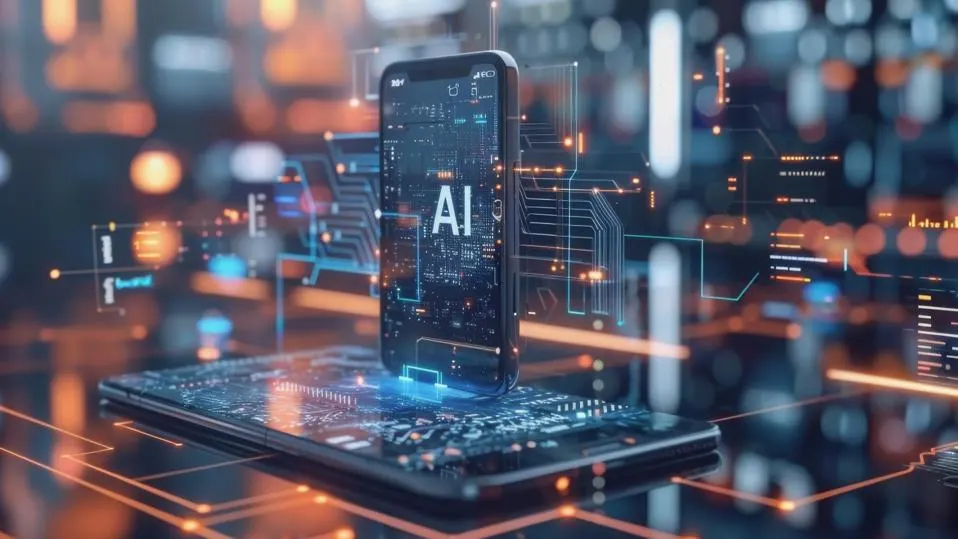

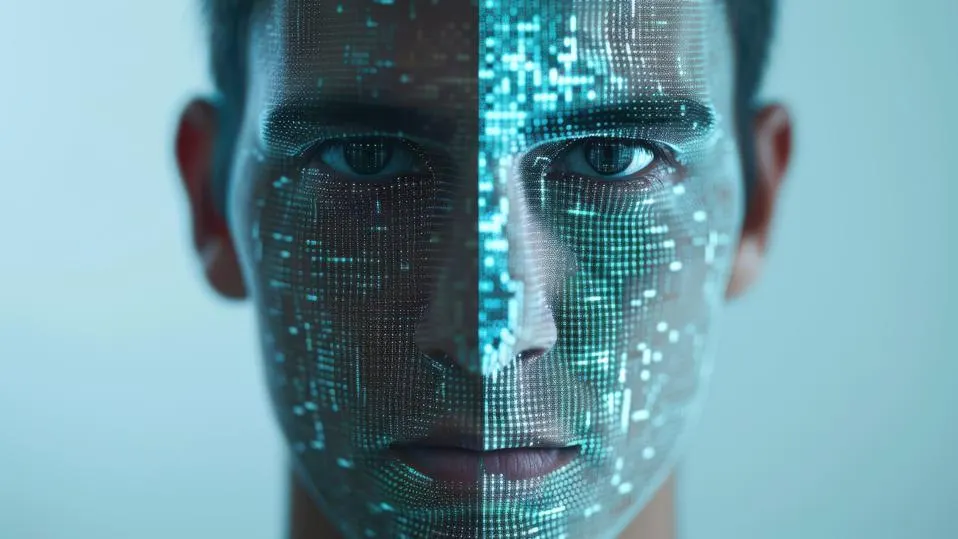
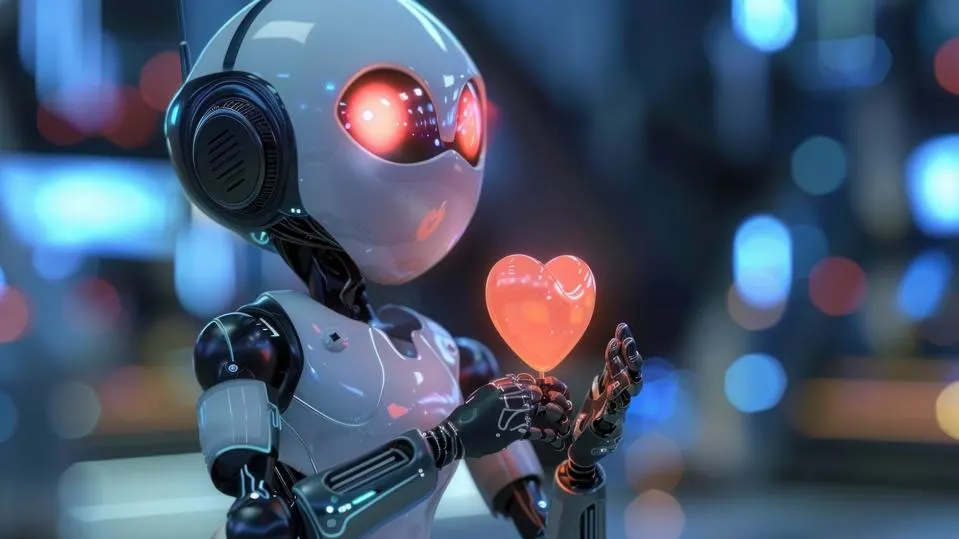

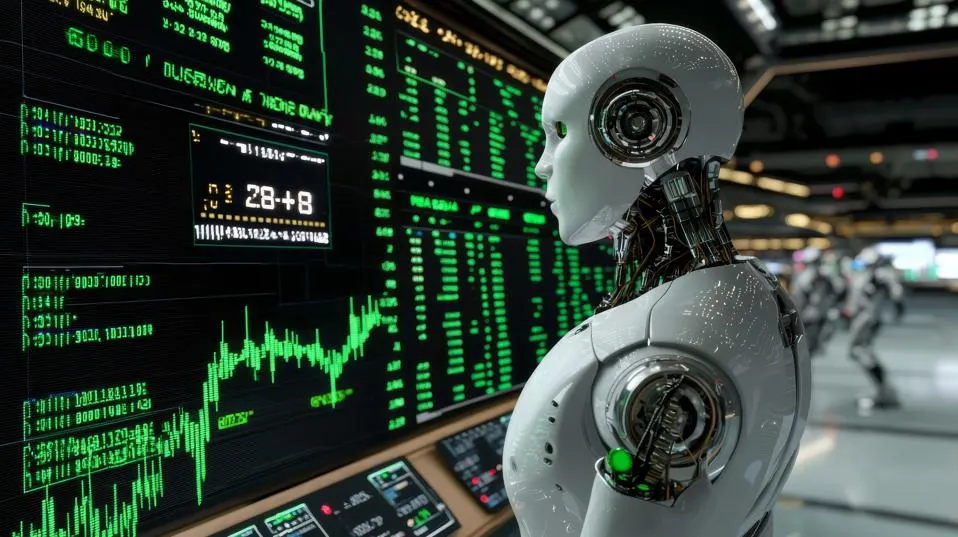
Social Media